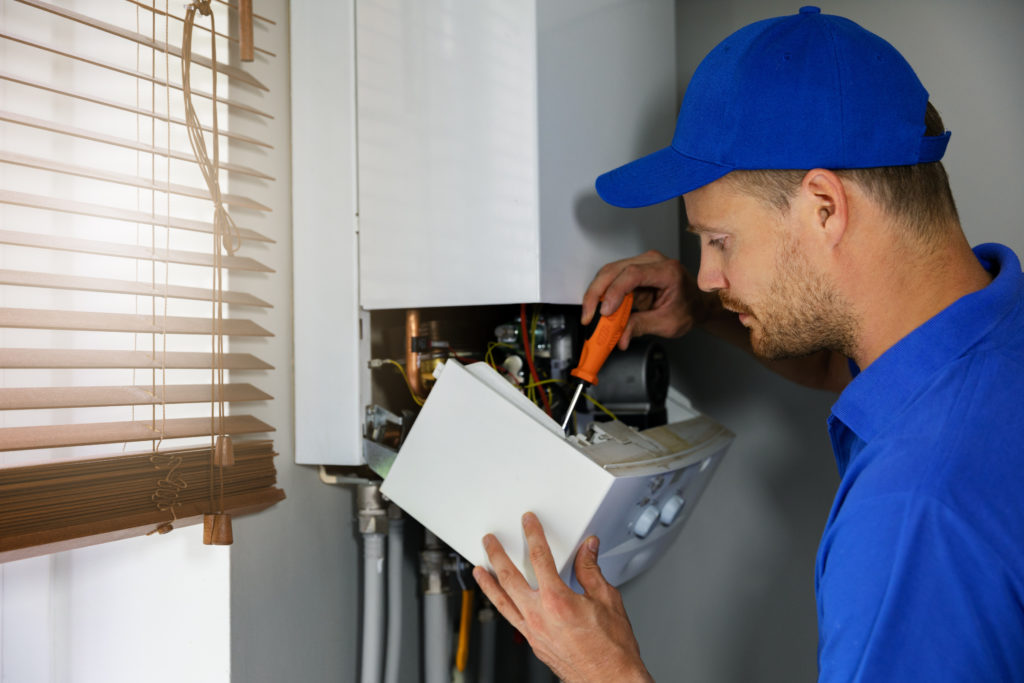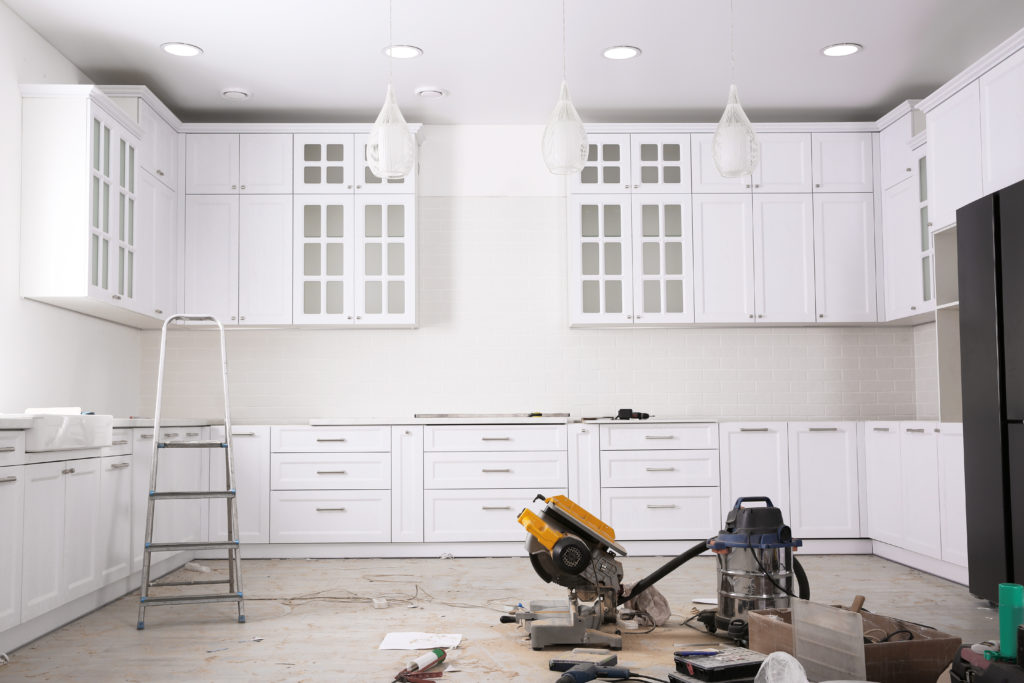Is a Landlord Responsible for Health and Safety?
As of 2020 the average landlord spent almost 30% of their rental income simply maintaining their buy to let investment, amounting to thousands each year to ensure they meet the stringent health and safety regulations demanded across the private rental sector; but is a landlord responsible for health and safety?

Contents
What Are a Landlord’s Responsibilities?
As per the landlord and tenant act 1985 landlords are legally responsible for the upkeep of the property they are letting out to tenants. This means that the owners is obligated to arrange for the repairs of the structure and exterior of the rental, alongside the heating, hot water, electrical wiring and appliances, gas boilers, pipes and drains.
With this being said it is important that the occupants of the property do not dismiss their obligation to conduct themselves in a tenant like manner for the duration of the tenancy. Whilst this may be a vague term this ultimately boils down to the tenants maintaining the cleanliness of the home, alongside disposing of waste and ensuring all safety alarms are in working order. Perhaps most importantly of all, the occupants of the property must report any needed repairs to the owner as soon as the damage occurs, or the issue is noticed. not only does this allow the landlord to conduct the necessary repairs in good time, but prevents any risks to the tenant’s safety from becoming a far greater hazard when left unattended.
What Certificates Do Landlords Need?
Although it goes without saying that landlords must provide their tenants with a safe environment in which to rent, simply having the correct assessments carried out is not enough, with sufficient proof of the rental’s safety being offered to tenants, but what certificates do landlords need?
Gas Safety Certificate
Rental property owners must ensure that all gas appliances, boilers, pipework and flues undergo a routine inspection by a certified gas safe engineer every twelve months. Similarly to electrical safety checks, upon the completion of the gas inspection the appropriate certificates must be provided to the occupants of the property within 28 days.
Electrical Safety Certificate
Landlords are legally obligated to have all electrical wiring and appliances throughout the rental property inspected at least once every five years. Owners must further ensure that the inspection is carried out by a qualified electrician with the certificate being provided to the occupants of the property within 28 days of the inspection being conducted.
With this being said if the inspection reveals any work to be completed to ensure the safety of the occupants, the appropriate repairs must be completed within 28 days, with confirmation of this being once again supplied to the tenants.

Are Fire Doors Required in a Rented Property?
As it currently stands the UK government only demands that landlords who rent out properties that are considered to be Houses in Multiple Occupation, or HMO’s, have a fire door. Historically, all rental properties must have a smoke alarm installed on each floor of the rental that contains living space, with any rooms that house solid fuel also containing a working carbon monoxide alarm.
However, it is essential for landlords to note that the rules regarding fire safety in rental properties have changed, as with the start of 2022, landlords are now requires that have a smoke alarm and carbon monoxide detectors in all rentals that contain a gas boiler or fire.
Further to this, landlords will also be required to adhere by the Furniture and Furnishings (fire safety) Regulations. These regulations dictate that any items that the landlord introduced to the rental property must meet the minimum levels of ignition resistance and flame retardance established by these safety regulations. This will commonly encompass items of upholstery and furnishings such as covers, quilts, pillows and curtains, with the owner of the rental property being required to keep any records of the furbishing’s purchased, alongside any labels or documentations that prices the item meets the fire safety regulations demanded across the private rental sector.
Why continue paying thousands each year in commission to let your property? With 97% of landlords recommending our services, and with over 50,000 tenants joining our rental community in the last year alone PropertyLoop is welcoming a new era of renting.
The PropertyLoop platform establishes the trust, transparency and personal service that has been lost from the renting sector. We are anything but another faceless corporation looking to profit from your investment, but a community founded on expertise and ambition.
We offer landlords complete clarity on available specialists through a landlord controlled rating and review system, giving users complete confidence of your PropertyPro’s proven results in finding owner’s ideal tenants faster.
With PropertyLoop landlords will have everything they need to let out their rental from start to finish, with no hidden fees, financial barriers or catches; only a revolutionary new way to let.

